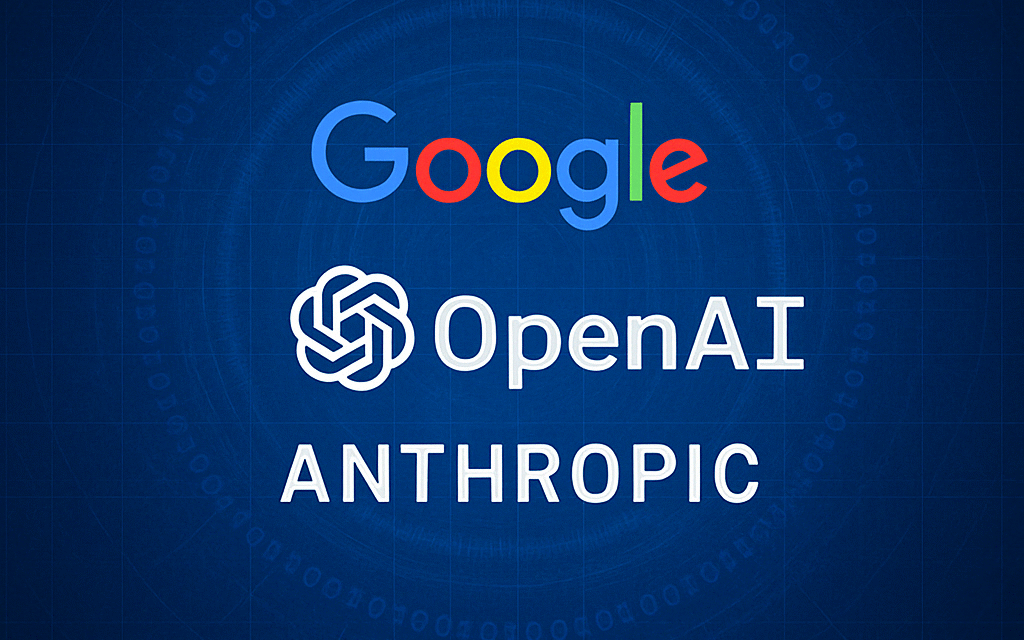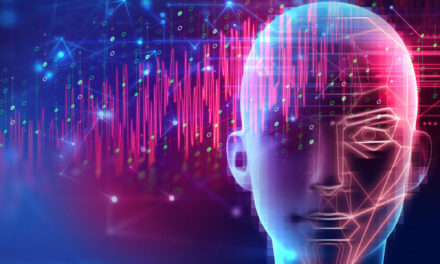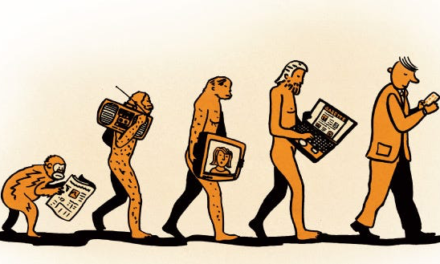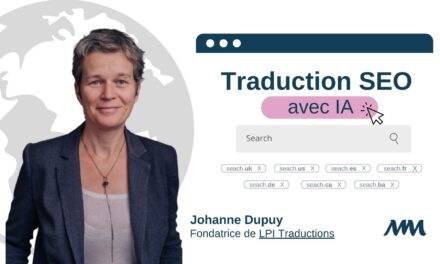What common challenges can push today the main leaders of artificial intelligence to agree on a technical standard? This is the question raised by the joint announcement of Google, Openai and Anthrope, who decided to adopt an interoperability protocol of the baptized agents Model Communication Protocol (MCP). Originally proposed by Anthropic, this protocol aims to supervise the exchanges and interactions between artificial intelligence, in a context where its collaboration becomes increasingly critical for industrial, governmental and social applications. This decision marks a turning point in the technical governance of the IA ecosystem, and could presage future international standards.
What is the MCP protocol?
HE Model Communication Protocol (MCP) It is a technical standard for defining the rules of communication between the agents of the different origins and architectures. Given the multiplication of autonomous agents, often developed according to the logic of incompatible owners, the MCP aims to establish a common language that allows these systems to collaborate in a predictable and controlled way.
The protocol provides in particular:
- The standardized structuring of messages exchanged between models.
- The management of priorities and instruction conflicts.
- The identification of the agents and the traceability of the applications.
- The integration of safeguards to limit unwanted actions.
The founding idea is to avoid the referrals related to the AI that operate in silos or agents that make un coordinated decisions, as demonstrated by several recent incidents in the cyber security and finance sectors1. This protocol is also perceived as a means to prepare the future deployment of multiple large -scale agents systems, where cooperation between AI will be essential for the management of complex ecosystems.
Why a consensus now?
The announcement of this agreement comes in a context in which the proliferation of autonomous agents in critical environments (finance, cybersecurity, health, defense) raises security and governance issues. According to a Stanford studio HAI published in 20232The absence of common standards slows innovation, interoperability and operational security guarantees.
Among the shared motivations:
- The urgency of supervising the interactions between AI in multiple agents systems, whose market share and strategic importance are increasing.
- The need to preserve a minimal interoperability in a fragmented competitive panorama.
- The growing pressure of American, European and Asian regulators who ask for open and transparent standards to avoid technical monopolies and dependency situations.
The strategic interest is also economical: according to a recent estimate of the McKinsey Global Institute, interoperability between AI systems could generate up to $ 300 billion of annual added value in critical infrastructure by 20303.
The technical specificities of the MCP
The MCP protocol is based on a structured JSON messages format enriched with control metadata. Each agent is associated with cryptographic identifiers and contextual beacons to limit abuse and guarantee the complete traceability of exchanges.
Some key features:
- Decisions traceability : Each interaction is registered and verifiable by external audit.
- Hierarchical Management of Priorities and Rights between agents according to their level of responsibility in the system.
- Mutual Validation Mechanism Critical instructions to avoid unilateral decisions.
- Extended interoperability With third -party systems through compatible open APIs.
Anthrope has published detailed technical documentation on this framework4which could inspire future ethical and regulatory recommendations.
Strategic implications for the IA ecosystem
Beyond the only technical dimension, this agreement between Google, Openai and Anthrope represents a strong political message. Testify the ability of the dominant actors to converge in collective security challenges, while preserving the competitiveness of their owners' models.
Among the implications identified:
- The possibility that third -party companies develop agents compatible with several platforms, thus reducing the risk of confinement of the owner.
- A common technical basis that facilitates the development of regulation and future certification standards.
- A cooperation frame that will probably be extended to other important operators such as Microsoft or IBM, as well as academic consortia.
It is also likely that this initiative influences current discussions within the association in AA and with international regulators, anxious to promote safe and interoperable architectures.
Towards extended standardization?
If this consensus remains limited to three actors today, it could serve as a model for extended adoption. Association that we had already published in 20235 Convergent recommendations in technical government frameworks to favor critical environments.
The following stages announced:
- Publication of an open source reference point by the end of 2025.
- Pilot implementation in certain agents of AI implemented in cloud services.
- Integration of the contributions of the academic community and the ISO/IEC standards of 2026.
This type of approach could inaugurate a new cycle of industrial cooperation in the artificial intelligence sector, around common technical rules instead of only commercial rivalries.
MCP protocol: Universal standards for collaborative artificial intelligence?
The joint adoption of the MCP protocol by Google, Openai and Anthrope is a strategic step in the structuring of the collaborative artificial intelligence ecosystem. This technical approach, unprecedented to this level, could open the way to universal communication standards between AI agents and help build future insurance trust. Will the normalization of such protocols be the basis of future international regulations on artificial intelligence?
References
1. anthropic. (2024). INTRODUCTION OF THE MODEL COMMUNICATION PROTOCOL (MCP).
https://www.anthropic.com/index/mcp-annotering
2. Stanford Hai. (2023). IAI interoperability and security guidelines.
https://hai.stanford.edu/research/ai-interoperability-safty
3. McKinsey Global Institute. (2024). The economic value of interoperable systems.
https://www.mckinsey.com/mgi/reports/value-of-inopeable-ai
4. OpenAi. (2024). We cooperate the Marcos de ia.
https://openai.com/research/cooperative-ai-Frameworks
5. Association we have. (2023). Recommendations for government frameworks.
https://www.partnershiponai.org/recommendations-ai-Governce





